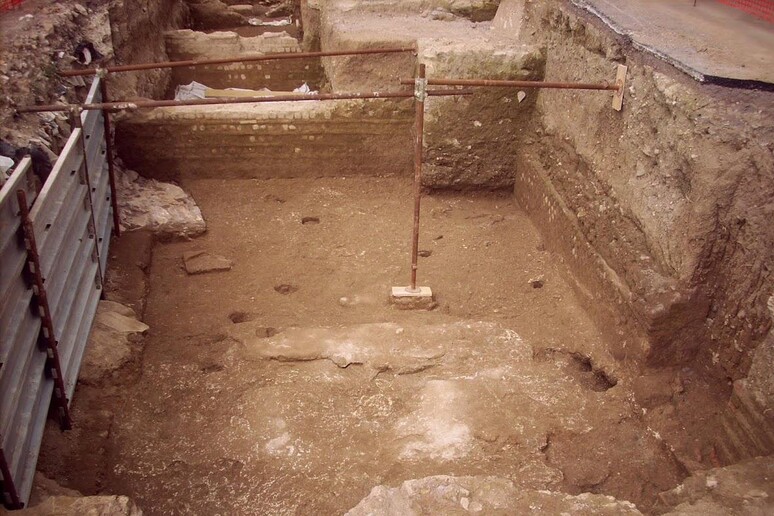Five people were placed under
house arrest after police in Calabria said Wednesday they caught
a group digging illegal in the archaeological excavations in
southern Italy's Capo Colonna park.
Police say they took the group by surprise as people were
excavating using metal detectors, hoes and shovels near the
ruins of the ancient Temple of Hera Lacinia.
The five, ranging in age from 22 to 44, are accused of
causing damage to an archaeological heritage site.
Crotone, a port city facing towards Greece in the southern
Calabria region, is home to the 30,000-square-meter
archaeological park on a promontory overlooking the
Tarentine Gulf.
The Capo Colonna park houses several ongoing archeological
digs as well as a Doric column that once was part of a temple to
the goddess Hera dating back to the 6th century BC.
The temple was one of the most important religious
locations in Magna Graecia, the name given to coastal areas of
southern Italy that were extensively colonized by Greek settlers
in antiquity.
The park also has a museum built into the earth to limit
its environmental impact.
Divided into three sections (The Earth, The Sacred, and The
Sea), it houses recovered underwater artifacts, votive objects
and structural ruins from the temple.
ALL RIGHTS RESERVED © Copyright ANSA











